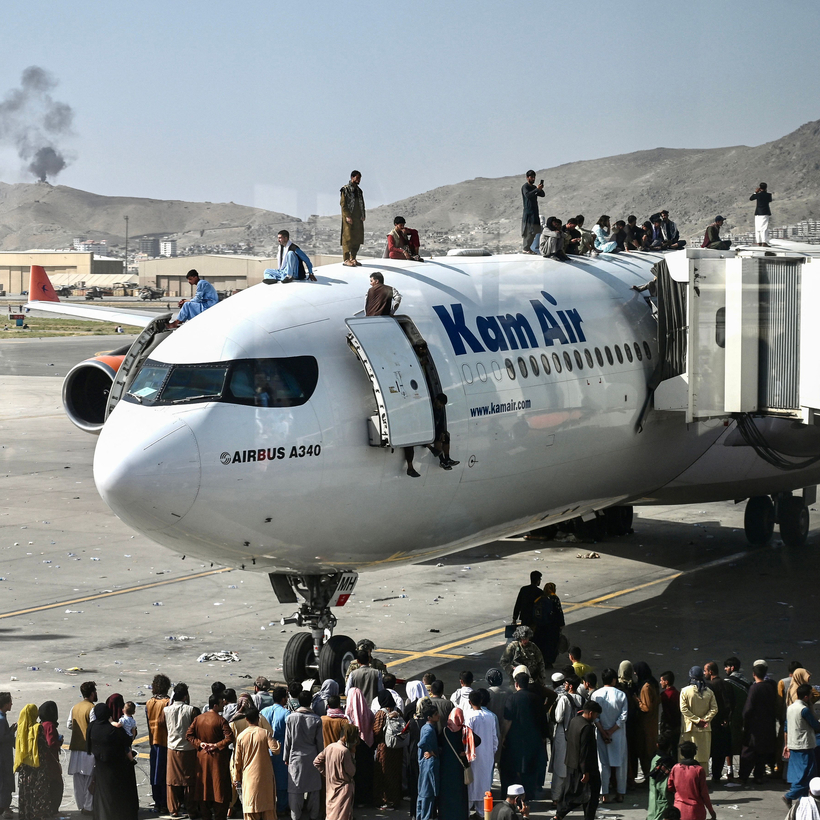Danna Harman was in a water taxi vacationing in Venice last August when her phone began to beep. The United States was about to withdraw from Afghanistan, and she was getting frantic pleas for help from young Afghan women she had met three years earlier while writing a story for The New York Times. The women, who had been members of Afghanistan’s all-girls robotics team, feared retribution from the country’s new Taliban leaders because of the media attention they’d received when they competed overseas.
We are just so scared


